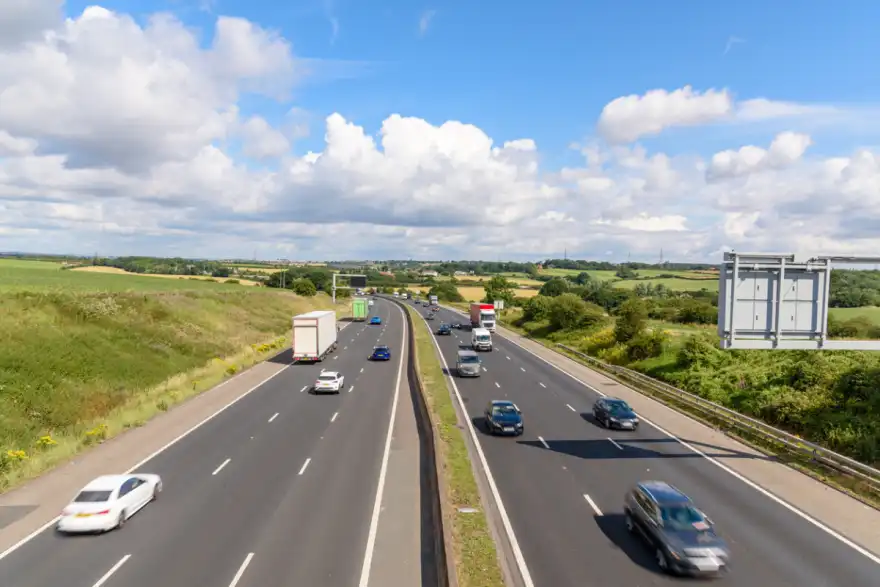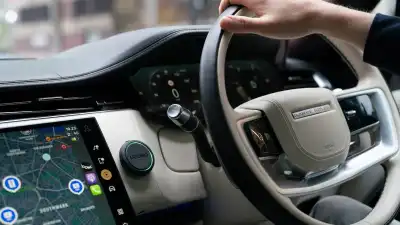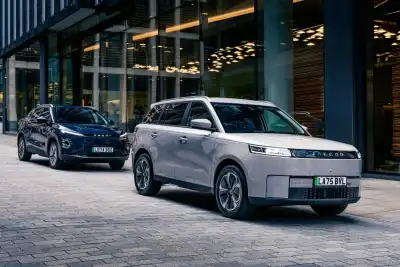
The UK government is set to ease its strict rules on the shift to electric cars and the ban on new petrol and diesel car sales, with Whitehall sources hinting, "When we said everything was on the table, we meant it." This change follows pressure from the Society of Motor Manufacturers and Traders (SMMT), who are pushing for a more inclusive approach, recognising that hybrid cars, plug-in hybrids, and hydrogen vehicles all play a role in reducing road transport emissions.
Sources have told the Daily Telegraph that the government is considering relaxing its 2030 deadline for banning petrol and diesel cars. While earlier statements suggested cars with a "significant electric range," including hybrids, would still be allowed, recent government comments have been vague, focusing only on banning new petrol and diesel cars from 2030.
To avoid disrupting UK investment, the government is now considering a five-year extension, potentially allowing combustion engine vehicles to be sold until 2035, when only fully electric cars could be sold. However, it’s unclear if this will include just plug-in hybrids or even full and mild hybrids.
This shift follows comments from Business and Trade Secretary Jonathan Reynolds, who signalled a "substantial change of policy" in the government’s approach to EV transition.
This comes just weeks before the government publishes its review of the ZEV (Zero-Emission Vehicle) Mandate, which currently aims for 28% of car sales to be EVs this year, rising to 80% by 2030. Car manufacturers face fines for missing targets, and there’s a strong divide between those lobbying for looser regulations and those pushing for stricter rules, like environmental groups and the charge point industry.
An official government statement on these proposed changes is expected soon, potentially tied to Chancellor Rachel Reeves' spring budget announcement on March 26.



